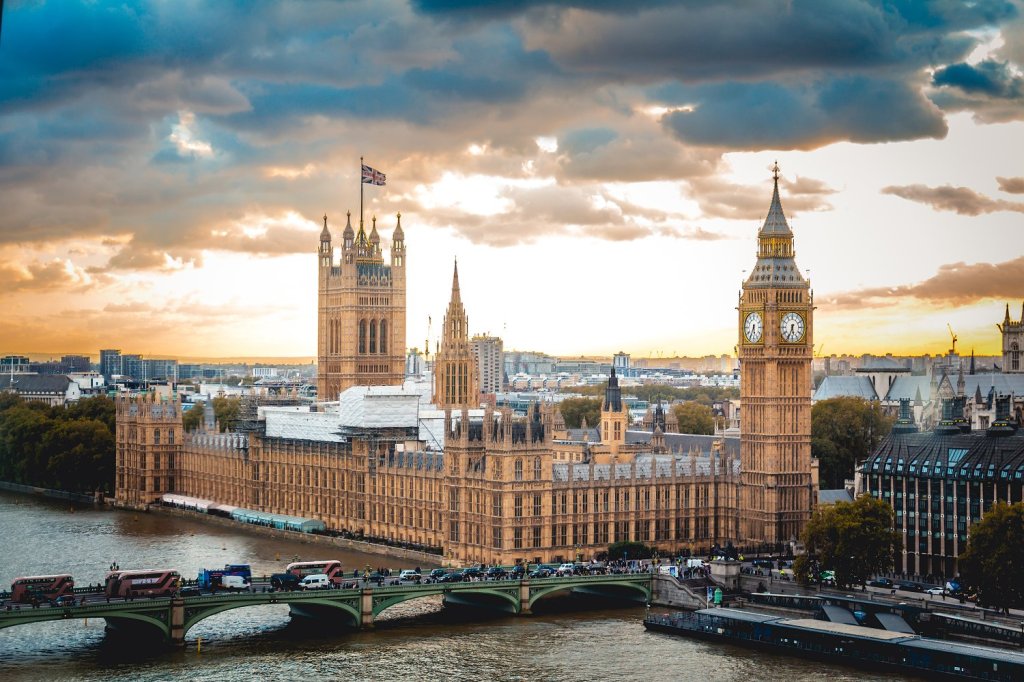The Autumn Budget takes place on 26 November and will reveal the government’s plans to raise tax revenue after an economically sluggish 2025. And how the £30bn gap in the public finances could be filled.
Speculation is growing about whether or not the government will ditch their manifesto pledges or find another way to get more financial headroom. Speaking ahead of the Autumn Budget, Chancellor Rachel Reeves said: “Those with the broadest shoulders should pay their fair share of tax”.
Does this mean businesses will be hit hardest or will the government look elsewhere to raise much-needed revenue? Here are five areas business owners should look out for in the Autumn Budget.
1. A potential income tax rise?
Raising income tax is something the government ruled out in their 2024 manifesto. And after strongly considering an income tax rise, the latest speculation suggests the Chancellor has decided against a direct rise.
Raising the basic rate of income tax by one per cent (to 21 per cent) could raise an additional £8.6bn. This would cost ‘working people’ an estimated £377 a year each, while hitting top rate tax payers even harder.
That’s why it seems more likely that the government will freeze income tax thresholds. Freezing the thresholds is a ‘stealth tax’, which results in more people being dragged into higher tax bands due to inflation.
A report from Resolution Foundation, a living standards think tank, suggested a tax strategy the government could still consider. A rise in income tax, but with a cut in employee National Insurance contributions to offset the rise.
This could be seen as an easier political move for the government, as working people wouldn’t feel the effects of a tax rise while it would still generate £6bn in additional tax revenue.
But this solution could disproportionately affect the self-employed.
2. Employee National Insurance cut could hurt self-employed
If the government cuts employee National Insurance contributions to offset other tax rises this could mean higher taxes for the self-employed.
This is because the self-employed’s National Insurance contributions are paid through Class 2 or Class 4 at a different rate. So if the self-employed pay a higher rate of income tax without a reduction in National Insurance, their taxes will go up.
Look out for changes to National Insurance in the Budget, as they may affect your business even if the rates don’t change.
3. Dividends tax-free limit could be cut further
Many small business owners incorporate their business and take a small salary (to use up their personal allowance and minimise National Insurance). They then take the rest of their income as dividends. So, a rise in the dividend tax rate would directly increase personal tax bills for these business owners.
It’s being speculated the government is proposing to increase dividend tax rates, which were last increased by 1.25 percentage points in 2022. The current rates that affect dividends are:
- basic rate – 8.75 per cent
- higher rate – 33.75 per cent
- additional rate – 39.35 per cent
Any increase would mean less profit after tax, potentially impacting cash flow for small businesses. This change alone could raise an estimated £2bn for the Treasury.
Alternatively, the government could choose to cut the tax-free dividend allowance.
The allowance has been severely reduced in recent years, falling from £5,000 in 2016 to the current level of £500 as of April 2024.
It’s been estimated that even a small cut of just £100 to the current allowance could raise £70 million a year for HMRC. This makes it an attractive tax cut politically, because it isn’t a direct tax rise but will still generate tax revenue.
4. Approach to VAT could change
Another core manifesto pledge from Labour is to not raise VAT. But several Labour MPs have refused to rule out changes to VAT in the Autumn Budget. And there’s still some scope for the government to raise funds with VAT by tweaking the thresholds and eligibility.
The most likely move will be freezing the VAT threshold at £90,000. Because of recent inflation, this would work as a stealth tax where more businesses would be drawn into needing to pay VAT.
There’s reports that new industries will be brought into the scope of VAT, like the gambling industry and private healthcare.
But some zero-rated items could be added too. For example, unhealthy foods could be brought into the scope of VAT, which would increase costs for some hospitality businesses.
5. Limited liability partnerships could be taxed
Up to £2bn could be raised by imposing a new charge on limited liability partnerships (LLP).
The Chancellor is reportedly going to introduce a new National Insurance-style charge on LLPs.
LLPs currently don’t pay National Insurance as partners are considered self-employed. But many of the 190,000 people in LLPs include GPs, lawyers, and accountants. As a result, this could be viewed as a tax rise aimed at a wealthier demographic.
More guides for small business owners
Ready to set up your cover?
As one of the UK’s biggest business insurance providers, we specialise in public liability insurance and protect more trades than anybody else. Why not take a look now and build a quick, tailored quote?
